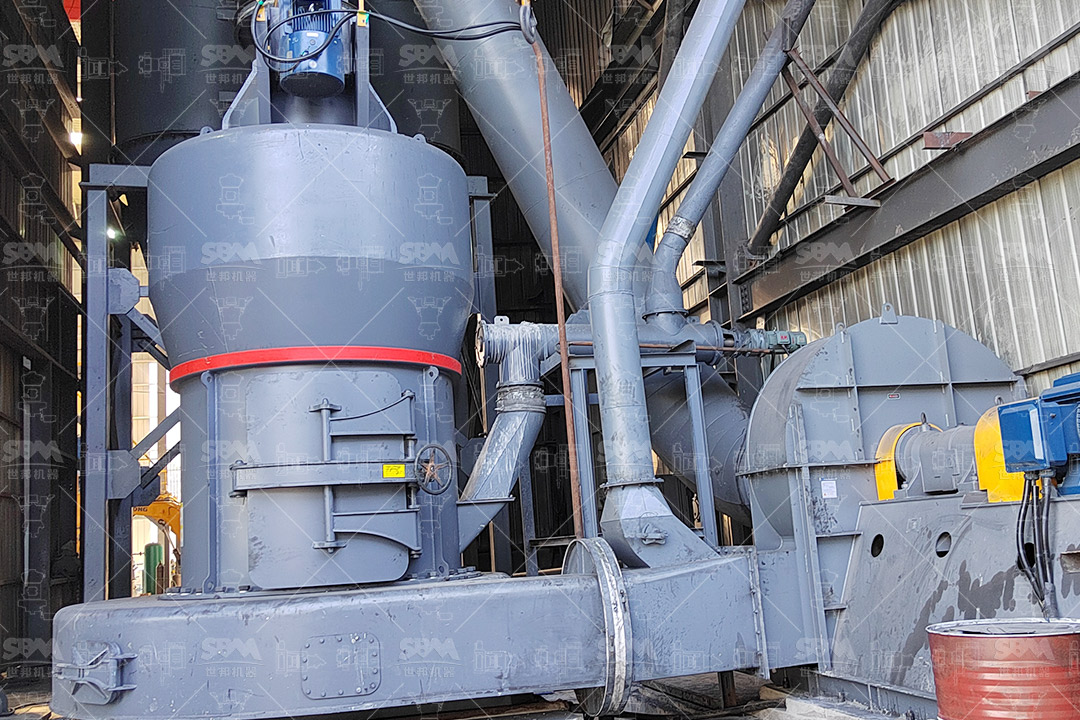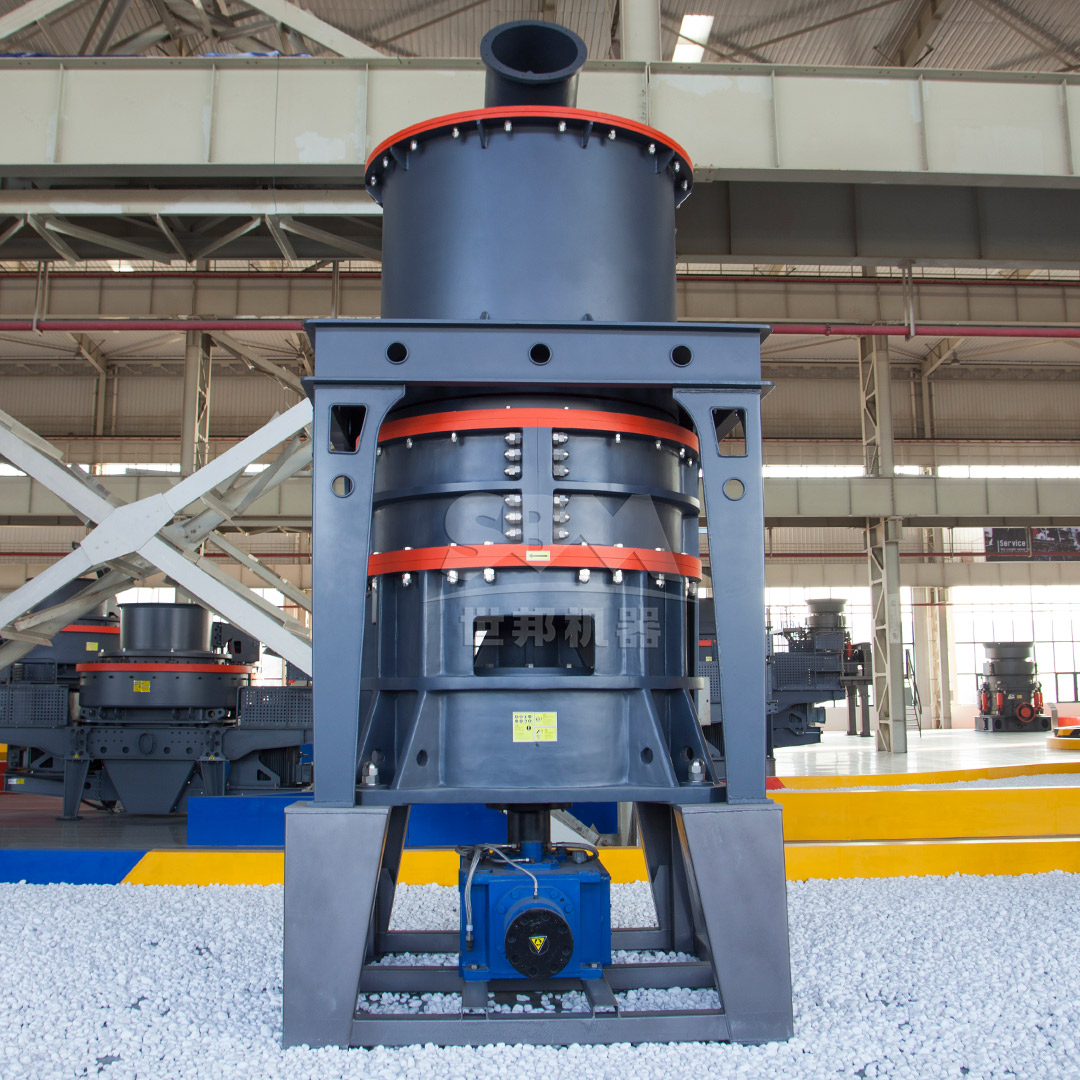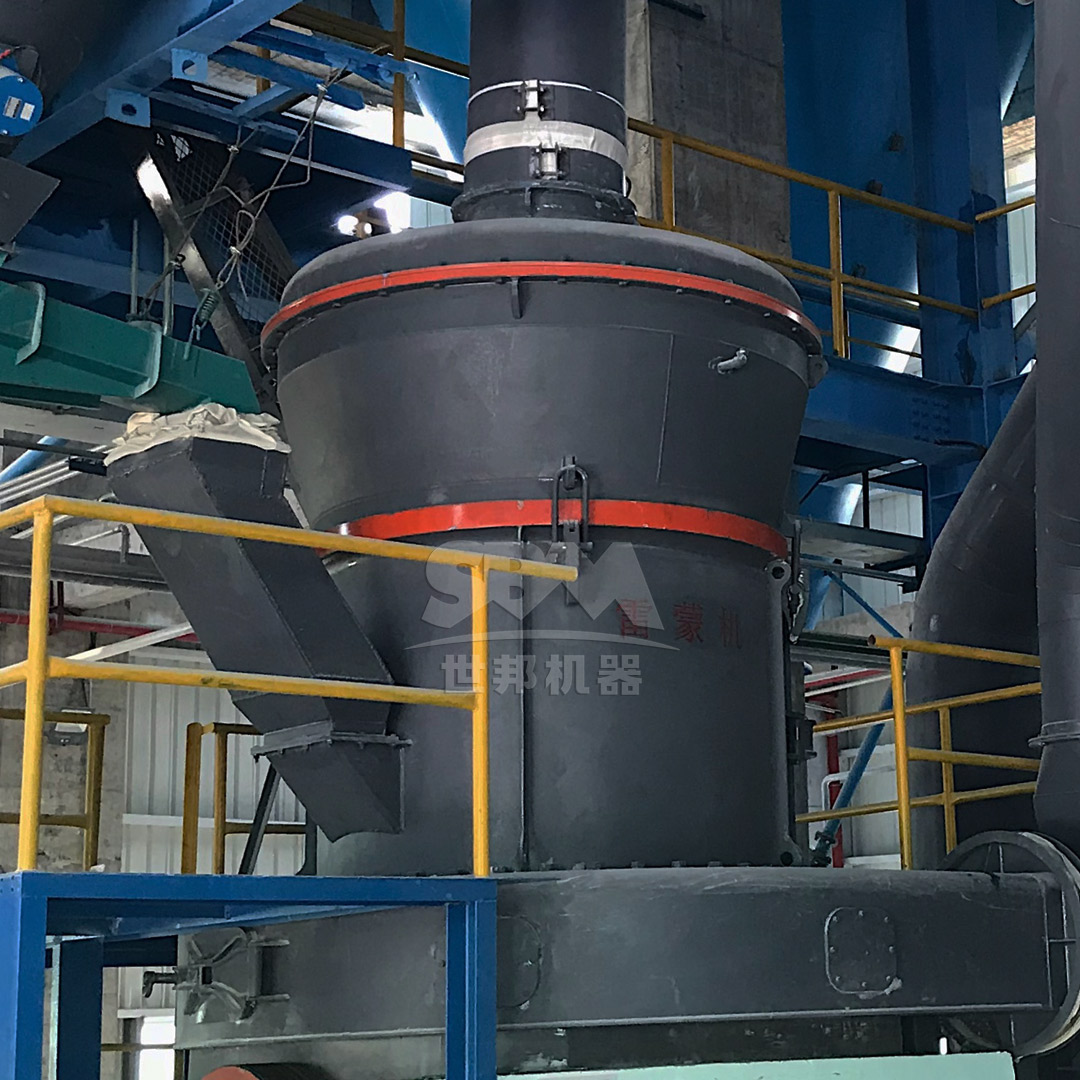The cosmetics industry relies heavily on high-quality talc powder for a wide range of products, including face powders, eyeshadows, blushes, and body powders. The key to achieving the desired product characteristics—such as smooth texture, excellent coverage, and superior adhesion—lies in the fineness, purity, and consistency of the talc powder. This makes the selection of the appropriate grinding mill a critical decision for manufacturers. The ideal mill must produce ultra-fine powders with precise particle size distribution (PSD), maintain the mineral’s natural whiteness and softness, operate efficiently, and meet stringent hygiene and environmental standards.
Talc, a hydrous magnesium silicate, is one of the softest minerals on earth. Its plate-like particle structure contributes to its smoothness and slip properties. For cosmetic applications, this structure must be preserved during the comminution process. Aggressive milling techniques can destroy these platelets, leading to a gritty feel and reduced performance. Therefore, a grinding technology that applies primarily compressive and shear forces, rather than impact, is highly preferred to delaminate the talc particles and achieve the desired fineness without compromising its inherent properties.

Not all fine talc is suitable for cosmetics. The material must meet several stringent criteria to be deemed cosmetic-grade.
The fineness of talc is typically measured in mesh size or microns. Cosmetic applications often require talc powders in the range of 325 mesh (45 microns) to 2500 mesh (5 microns). However, the PSD is even more critical than the top size. A narrow and consistent PSD ensures a uniform feel on the skin, prevents caking, and provides even coverage. Mills with integrated, high-precision classifiers are essential to achieve this tight cut and eliminate coarse particles.
Cosmetic talc must be brilliant white and free from impurities like iron oxides, which can cause discoloration. The milling process must not introduce any metallic contamination from wear parts. This necessitates the use of mills constructed with specialized, contamination-resistant materials for components like rollers and grinding rings.
The mill must process the talc without altering its chemical composition. Furthermore, the entire system must be designed for easy cleaning to prevent cross-contamination between batches and ensure product safety.
A closed-loop, negative-pressure milling system is vital to prevent dust from escaping into the production environment, protecting both operators and the final product from contamination.
After a thorough analysis of the requirements for cosmetic talc production, our SCM Series Ultrafine Mill stands out as the premier solution. It is engineered specifically to produce ultra-fine powders within the exact range needed for high-end cosmetics while addressing all critical concerns of purity, efficiency, and environmental control.

| Model | Processing Capacity (ton/h) | Main Motor Power (kW) | Output Fineness (mesh) |
|---|---|---|---|
| SCM800 | 0.5-4.5 | 75 | 325-2500 |
| SCM900 | 0.8-6.5 | 90 | |
| SCM1000 | 1.0-8.5 | 132 | |
| SCM1250 | 2.5-14 | 185 | |
| SCM1680 | 5.0-25 | 315 |
For cosmetic manufacturers whose product lines may also require slightly coarser mineral powders or who are looking for a highly robust and efficient mill for a wider range of materials, the MTW Series Trapezium Mill presents an excellent alternative.
This mill excels in producing fine powders in the 30-325 mesh range (0.038mm-0.6mm). Its key advantages include a wear-resistant shovel design that significantly reduces maintenance costs, an optimized curved air duct that minimizes energy loss, and an efficient overall gear transmission system. While its primary range is slightly coarser than the SCM series, it offers tremendous value and reliability for certain cosmetic filler applications and is a workhorse for mineral processing.

Selecting the right grinding mill is a strategic investment for any cosmetics manufacturer. It directly impacts product quality, production efficiency, operating costs, and brand reputation. The need for ultra-fine, pure, and consistent talc powder necessitates a mill that combines precision classification, gentle grinding action, and superior contamination control.
Our SCM Series Ultrafine Mill is specifically designed to meet these challenges head-on. Its ability to deliver talc powder down to 5 microns with narrow particle distribution, unparalleled energy efficiency, and a commitment to clean, safe operation makes it the undisputed best choice for manufacturers aiming to produce world-class cosmetic products. For operations with broader mineral processing needs, the MTW Series Trapezium Mill offers a powerful and reliable complementary solution.